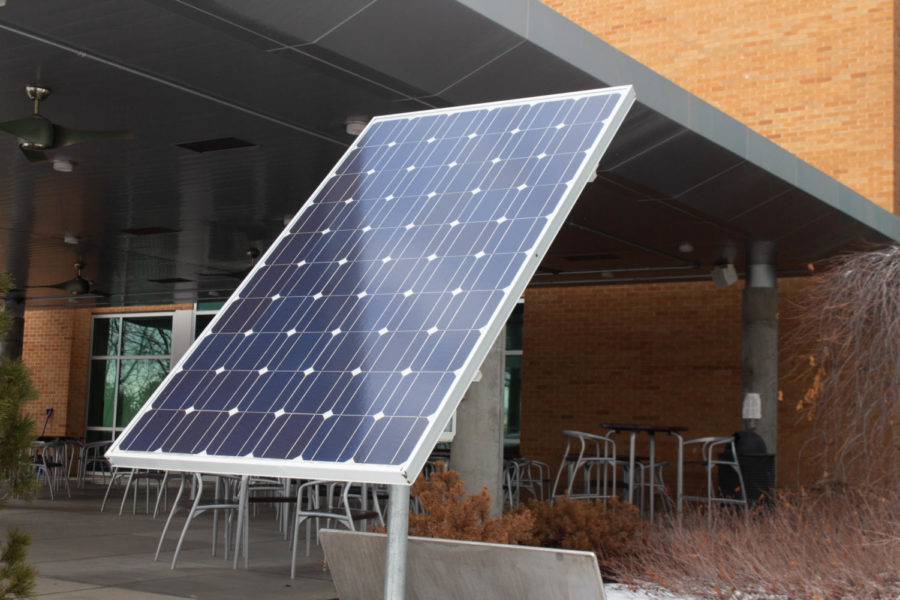 [/media-credit]
[/media-credit]
- Weber State University students and community members get on the UTA bus at the stop by the Institute building Tuesday. WSU students will no longer ride for free and will pay $20 each year, starting at the beginning of the 2012-13 school year.
In the 2012-13 school year, the cost of UTA Ed Passes will increase, and students will have to pay $20 each year for a new pass.
Currently, there is no charge for an Ed Pass, and students can ride the buses, TRAX or FrontRunner for free. This pass lasted for as long as a student attended Weber State University, and the only additional charge was a $50 fee for a replace pass.
WSU, Utah Valley University and Salt Lake Community College collectively signed a three-year contract with UTA. The negotiation lasted around six months. There was a time when WSU considered not doing the UTA Ed Pass at all anymore, according to Norm Tarbox, vice president of administrative services.
This new contract will work its way up to a 25 percent discount off the normal transit prices. Before, WSU was getting around a 75 percent discount.
In previous years, WSU allocated funds from student fees and parking passes to pay for students to ride for free, but now it has added the pass fee to cover the extra cost.
The fee is due to a recent increase in gas prices.
“It’s gone up about 50 cents per gallon in the past few weeks,” said Gerald Carpenter, the UTA spokesperson.
UTA goes through about 6 million gallons of gas per year, and it pays about an extra $60,000 for every cent that the price increases.
More students are commuting to WSU. Each school has a contract with UTA with a cap on the amount of money that the school has to pay quarterly. In 2011, that price was around $420,000. When that amount is reached, then WSU no longer has to pay. WSU ended up using around $600,000 for UTA transportation.
“Right now there are about 11,000 active cards,” Tarbox said.
Tarbox also said that since the passes are free, many students just pick one up and use it every once in a while. He also said that once there is a $20 charge, the number of people buying passes will drop.
“For students who commute to campus, I don’t think it will stop them,” Tarbox said.
WSU student Christina Sabogal has ridden the bus for the past year. She said that despite the increase in price, she will still ride the bus.
“I get it. Most people get it because it’s free; they want to make sure people who do actually use it,” Sabogal said. “Gas is expensive and I can study on a bus.”
The normal fee for a pass for non-students is $189 a month.
“Compared, it’s a really, really good deal,” Carpenter said. “That’s about $2,300 (less) a year.”
Other universities in the state don’t pay the same amount for UTA passes as WSU. At Brigham Young University, passes cost $135 a month. Carpenter said the school decides how much the students pay, and it depends on what kind of school it is. If a school doesn’t have many students riding public transportation because most of the students live on campus, the price of a pass will be higher than if the school has a large number of commuting students.
Tarbox said he does not know if this fee will increase again.
“Only time will tell,” he said.


















